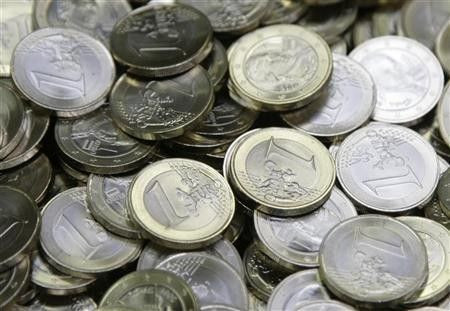Why Did the Mighty Euro Fall?

The mighty euro was the best performing G10 currency in first quarter of 2011. In the past week, however, it has plunged against its G10 counterparts because of headwinds facing further ECB rate hikes.
The turning pointing was the German ZEW Indicator of Economic Sentiment, which was released on April 12.
This report polls the financial (i.e. banking and investment) sector of Germany and gauges their outlook. The April 12 report showed a sizable drop in confidence. Moreover, the reasons cited for the pessimism were the ECB’s hawkish monetary policy and rising commodities prices.
The first concern likely precludes further ECB rate hikes because the financial sector is already uneasy about it.
The second concern may cause the global economy to falter, which will negatively affect German exports and make the financial sector even more concerned about rate hikes. Economists have been warning for months that loose monetary policy is no free lunch and that growth-choking commodity costs is the price the global economy will pay.
A third factor that could cap future rate hikes is the euro’s strength, which has been driven by the ECB’s hawkishness. A strong euro hurts German exports and outweighs the benefit of cheaper commodity imports.
In the first quarter, it became apparent that the market will largely ignore peripheral issues and focus on ECB monetary policy, which seems to be driven by the economies of core European countries like Germany.
The euro’s near-term outlook, then, will largely be determined by how well Germany’s economy can withstand more ECB rate hikes.
Click here to follow the IBTIMES Global Markets page on Facebook
© Copyright IBTimes 2024. All rights reserved.











